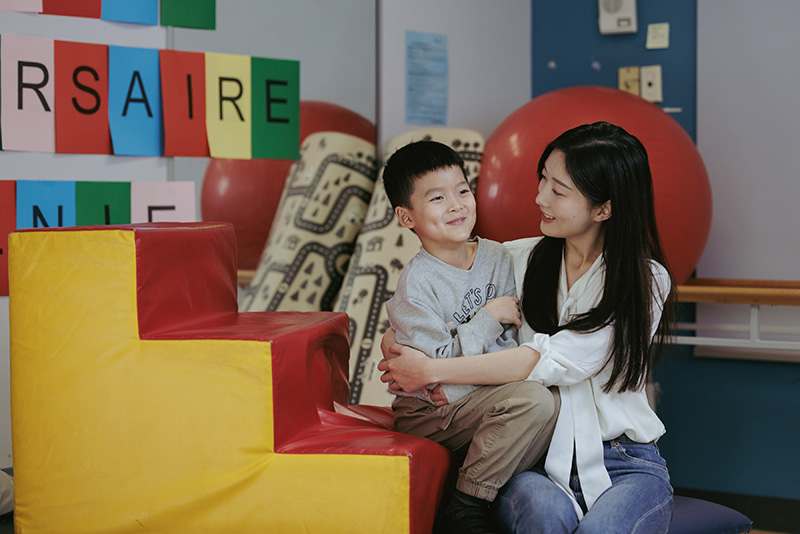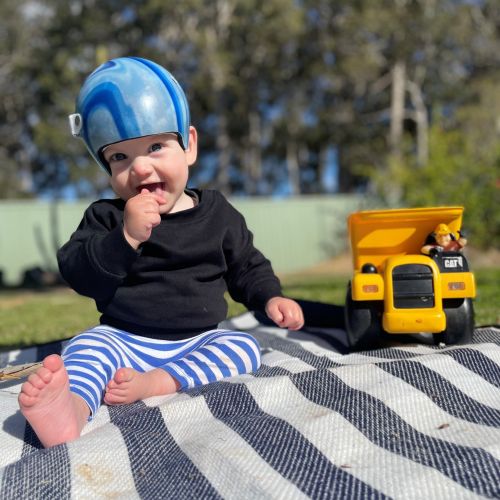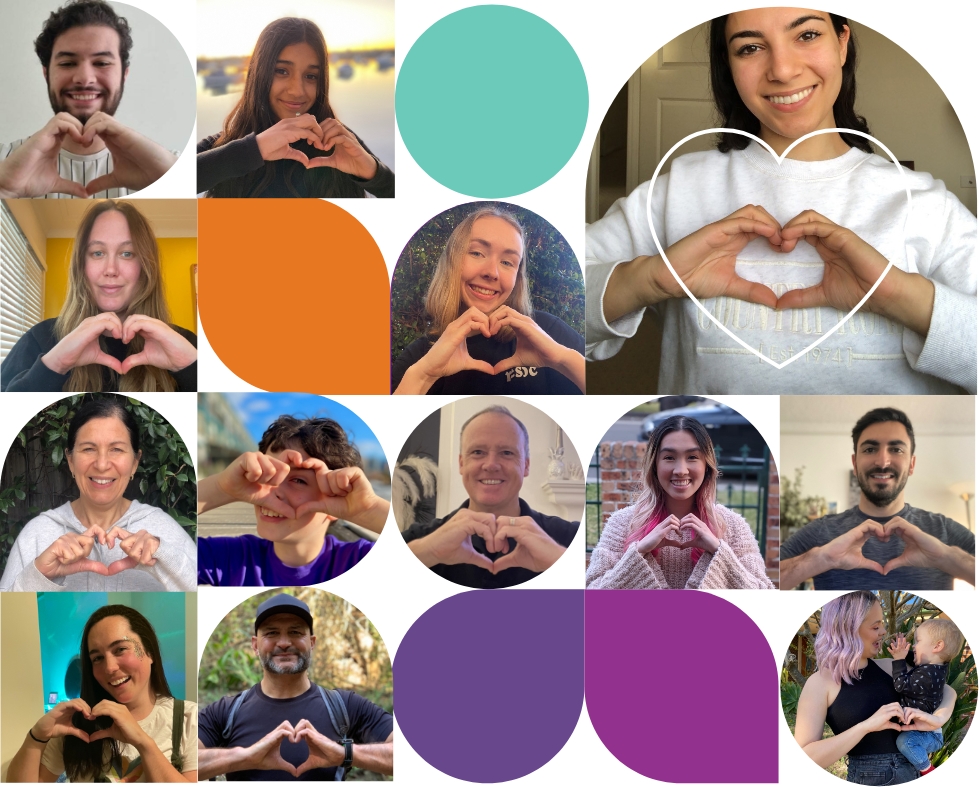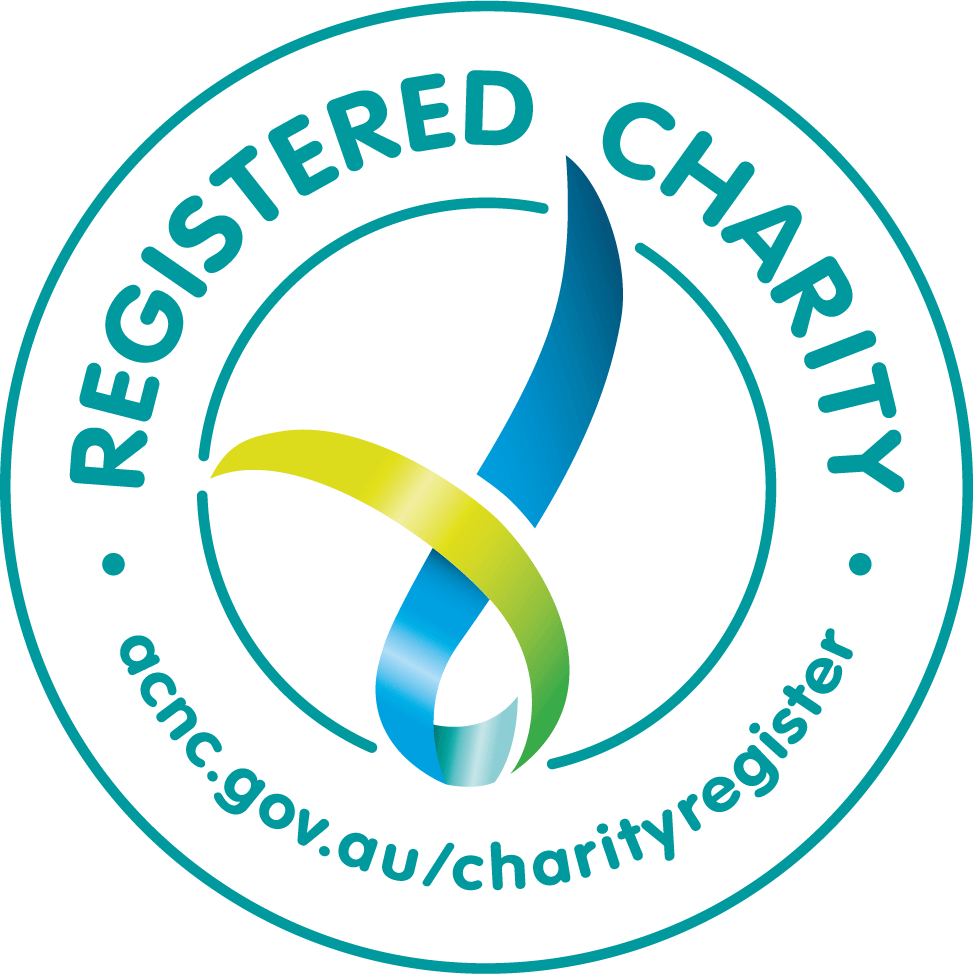Advances in medicine mean many parents take their kids to hospital, confident that they will receive the best care and that their kids will walk out happy and healthy. However, some parents are faced with the prospect that their kids will never walk again.
That was the case for single mum Yvonne. When her only son, James, was just 3-years-old, he developed what she suspected was an everyday cold, however, within 10 days, James had lost the ability to walk independently.
“He didn't want to walk, so I put him in the pram all the time. I tried to encourage him to walk a bit, to run a bit, but he was really reluctant to do that. What I noticed after two weeks was he couldn't even stand up to go to the toilet by himself. I realised this was definitely not normal flu symptoms.”
After weeks of GP visits and an admission to The Children's Hospital at Westmead, it was still unclear what was wrong with James. Lying in bed, unable to sleep with excruciating back pain, Yvonne considered what his future would be like if left untreated.
“I have thought about that. I think he definitely was going to be paralysed. I was very concerned if he didn’t get treated immediately at that time, he would have lost his upper body mobility as well. I was terrified at that time,” recalls Yvonne.

Following several tests, a biomarker in his blood diagnosed James with MORG Antibody Demyelination, an autoimmune condition where the body attacks a protein in the brain, resulting in a swollen central nervous system. Common symptoms include a loss of ability to walk and loss of vision.
Once diagnosed, treatment came quickly, Head Neurologist of the Kids Neuroscience Centre, Professor Russell Dale explains,
“Because we recognised what the problem was, we were able to start treatment straight away. This involved administering high-dose steroid medication to reduce inflammation, along with intravenous immunoglobulin, which curbs inflammation in the brain and spinal cord. Within a week, he began walking again, and within a month, he had nearly fully recovered.
“Without this knowledge and the test, he would have faced being paralysed for life or having a problem with walking for the rest of his life,” says Professor Dale.
The test that saved James’ ability to walk was only possible through research positions funded by Sydney Children's Hospitals Foundation.

Professor Fabienne Brilot-Turville, Neuro Autoimmune Researcher and Head of the Brain Autoimmunity Lab at the Kids Neuroscience Centre, and her team were responsible for this incredible breakthrough.
One of the scary things about James’s condition is that once treated, it can relapse, leading to further attacks of loss of mobility and loss of vision, which happened to James two months after his initial treatment. James was unable to see people standing next to him and required six months of intravenous immunoglobulin.
While many neurological conditions won't end a patient’s life, Professor Fabienne is more concerned about something else.
“The survival is good, but quality of life is important and blindness or an inability to walk. Symptoms that we really don't want our children to deal with for the rest of their lives,” says Professor Fabienne Brilot-Turvile.
“If the disease is relapsing and further attacks are happening, it's important to know that it will continue for all their life as a child, but also their life as an adult. So the disease just doesn't disappear when the patients turn 18.
“All those disabilities will accrue over time, and the quality of life of those young adults, but also older adults will be significantly affected. So if the disease is chronic, it's just there to stay,” says Professor Fabienne.
After James’ second round of treatment, he fully recovered and has had no problems since. He is an energetic six-year-old who started Kindergarten this year and loves playing his favourite game with all his friends – Tip.
While James’ condition was diagnosed three years ago, it was only in January 2023 that Professor Fabienne and her team were part of a global collaboration of scientists and clinicians who published the first diagnostic criteria for neuro autoimmune diseases like James'.
This is a novel field that requires a lot of further research to provide the best treatment for patients.
“We need to predict whether the disease is chronic, and we need to adapt the treatment to prevent the chronicity to settle down into childhood and adulthood,” says Professor Fabienne.
“Philanthropy is essential to support research. It is a costly endeavour, a long-term endeavour. More support means we get the answers faster. The Sydney Children's Hospitals Foundation Christmas Appeal is a way we all come together to support each other to provide answers faster.” she says.
To support research that can fundamentally change the future for kids like James, donate to Sydney Children's Hospitals Foundation Christmas Appeal.












